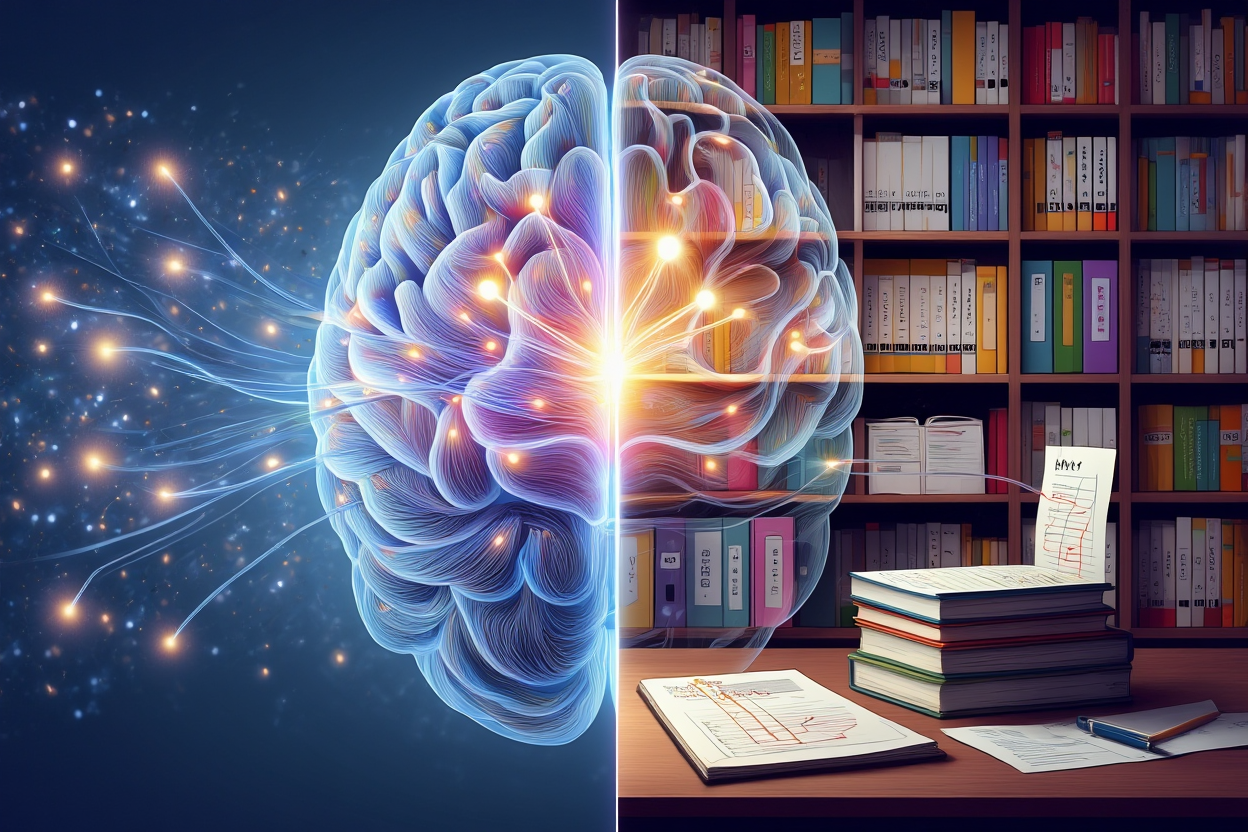We believe we navigate freely, but we move through a strange bestiary of revisited myths. Like Narcissus, we lean over the digital mirror, fascinated by a reflection that ends up engulfing us. Like Sisyphus, we bear the burden of a memory without forgetting: each piece of data adds to the rock that crushes us without ever rolling back down. Like Prometheus, we offer our traces to a system that feasts on us endlessly. As in the Panopticon, we live under an invisible gaze, but worse still: we have learned to anticipate it, becoming our own jailers.
We are not only losing data; we are losing essential dimensions of the human: the interiority that allows thinking without witness, the forgetting that makes rebirth possible, the autonomy to be oneself, the heteronomy to be several.
Digital servitude needs no chains; it imposes itself through fluidity, seduction, habit. So the real question is no longer: “do I have something to hide?”, but: “how much longer will I remain capable of preserving what makes me a free being?”




